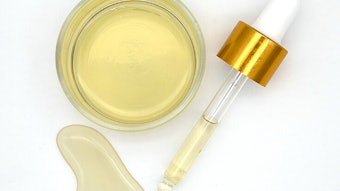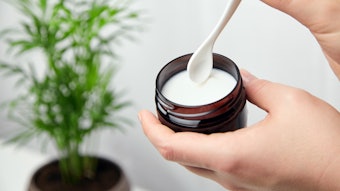Much attention as of late has been focused on the Gulf of Mexico, where beginning on April 20, 2010, an explosion and fire on an oil-drilling rig leased by British Petroleum (BP) killed 11 workers and initiated a massive oil leak that as of press, has hardly slowed. According to the Associated Press, costs for the spill have grown to almost US $760 million.1
While little good can come from a man-made disaster of this magnitude, one thing is certain: It spurs innovation—quickly and without cost constraints, and forces problem-solvers to think differently. Consider groups collecting hair as a natural means to soak up the oil. This approach was first introduced in 1989 as a solution to the Exxon Valdez oil spill. In fact, this solution so intrigued me that when a friend informed me of efforts by a local salon to collect hair for the oil spill, initially I didn’t believe her; but according to a report by the Los Angeles Times,2 within about two weeks of the accident, more than 450,000 pounds of hair from different locations were en route to several southern destinations.
As I thought more about this, it seemed to make sense; hair definitely has a natural affinity to oil, which is why we must shampoo it. However, the same report2 cited Charlie Henry, scientific support coordinator for the National Oceanic and Atmospheric Administration, as stating that one problem with hair booms is they become water-logged and quickly sink; he therefore requested that hair collection efforts cease.
These conflicting stories of hair’s affinity to oil vs. water was posed by Cosmetics & Toiletries to Michael Wright, then-project leader of Alberto Culver’s Nexxus hair care brand. He wrote, “This makes sense because we know of hair’s great ability to absorb water (or not so ‘great,’ to frizz sufferers)—as much as 30% of its own dry weight. Most likely, this water penetration also diminished its ability to absorb oil.” So in the end, hair was not the ideal solution. Instead, synthetic dispersants are being used to break up the oil. While debate continues over their toxicity, it is a matter of relativity: Which is more toxic, natural crude oil or a synthetic dispersant?
Similarly, natural vs. synthetic has also long been debated in personal care, albeit for different reasons, and this collection of Cosmetics & Toiletries articles features innovations from both camps. From raspberry stem cells and willow bark-derived salicin for skin protection, to polymers for numerous formula benefits, this collection is sure to engage you regardless of where you camp.
References
1. www.google.com/hostednews/ap/article/ALeqM5i-yfHJzPLDeBIhG5JDEF6VbaPR8QD9FTFVSG0
2. https://www.latimes.com/archives/blogs/greenspace/story/2010-05-21/gulf-oil-spill-hair-boom-effort-is-cut-short










